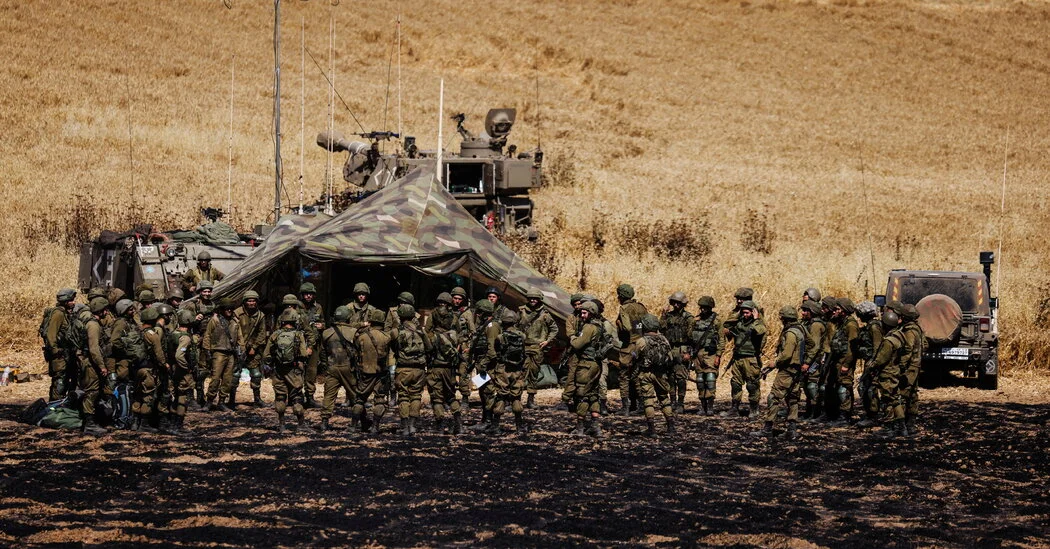Why Hamas Hates Israel: In the tumultuous landscape of the Middle East, one conflict that has garnered global attention is the hostility between Hamas and Israel. This contentious relationship has roots that run deep into history, politics, and ideology. In this blog post, we will delve into the complex question: “Why does Hamas hate Israel?”.
Introduction
To understand the animosity between Hamas and Israel, we must first grasp the historical context of this conflict. Hamas, an Islamic militant organization, was founded in 1987 with the primary goal of liberating Palestine from Israeli occupation and establishing an Islamic state. This objective has fueled decades of violence and tension in the region.
The Historical Background
The conflict between Hamas and Israel can be traced back to the mid-20th century when Israel was established as a nation-state in 1948. This event, known as the Nakba or “catastrophe” in Arabic, resulted in the displacement of hundreds of thousands of Palestinians. Hamas views the creation of Israel as an illegitimate act, which is a central factor behind their hatred.
Political and Ideological Differences
Beyond historical grievances, there are also significant political and ideological differences that contribute to the hostility. Hamas is characterized by its Islamist ideology, while Israel is a secular democracy. These conflicting worldviews and governance systems have created a deep divide that is challenging to bridge.
Economic and Humanitarian Factors
The Israeli blockade of Gaza, where Hamas holds significant influence, has led to severe economic hardship and humanitarian crises. Limited access to basic necessities, high unemployment rates, and inadequate healthcare have fueled resentment among the Gazan population, strengthening Hamas’ hold and their anti-Israel stance.
FAQs (Frequently Asked Questions)
1. Is Hamas the only Palestinian group that opposes Israel? No, there are other Palestinian factions and groups with varying degrees of opposition to Israel, such as Fatah and the Popular Front for the Liberation of Palestine (PFLP).
2. Does Hamas represent all Palestinians? No, Hamas has its supporters, but not all Palestinians share its ideology or tactics.
3. Are there any attempts at reconciliation between Hamas and Israel? There have been intermittent efforts at ceasefire agreements and negotiations, but a comprehensive resolution remains elusive.
4. What is the role of external actors in the Israel-Hamas conflict? Various countries and organizations, including the United States, Egypt, and Qatar, have played mediation roles or provided support to either side.
Conclusion
The question of why Hamas hates Israel is multifaceted, encompassing historical, political, ideological, economic, and humanitarian aspects. This enduring conflict has resulted in immense suffering for both Israelis and Palestinians. Achieving a lasting peace will require addressing these complex issues and finding common ground.
In conclusion, the Israel-Hamas conflict is a deeply entrenched dispute with no easy solutions. Understanding the reasons behind Hamas’ hostility towards Israel is a crucial step towards finding a path to peace in the Middle East.









